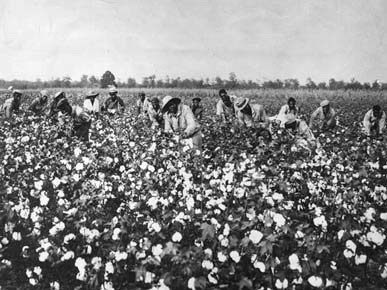Sign up for FlowVella
Sign up with FacebookAlready have an account? Sign in now
By registering you are agreeing to our
Terms of Service
Loading Flow

The American economy was caught in transition on the eve of the Civil War. Although slavery was highly profitable, it had a negative impact on the southern economy. Slavery impended the development of industry and cities and contributed to high debts, soil exhaustion, and a lack of technological innovation. The south did not develop urban centers for commerce, finance, and industry like the north. Southern cities were small because they failed to develop diversified economies. Unlike the north, southern cities rarely became processing or finishing centers and southern ports almost never engaged in international trade. The primary functions were to market and transport cotton and other agricultural crops, supply planters and farmers with necessities, and produce the number of manufactured goods. Due to the high rates of debt, southern states kept taxation and government spending much lower than the northern area. During the last
decade before the Civil War slave ownership was
low. As soil erosion reduced the availability of
cotton land, the price of land and slaves had to
rise. A growing number of whites were forced to
move to urban areas due to economic pressure.
Decline of Southern Economy
